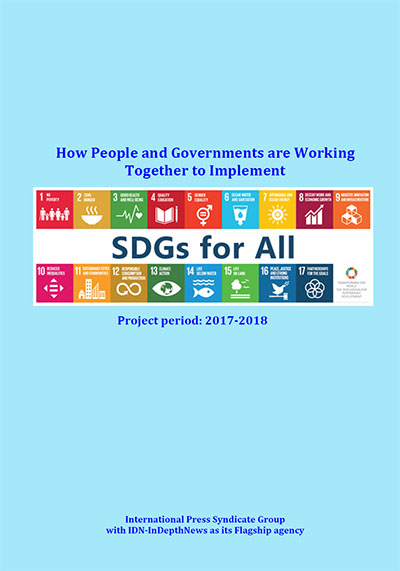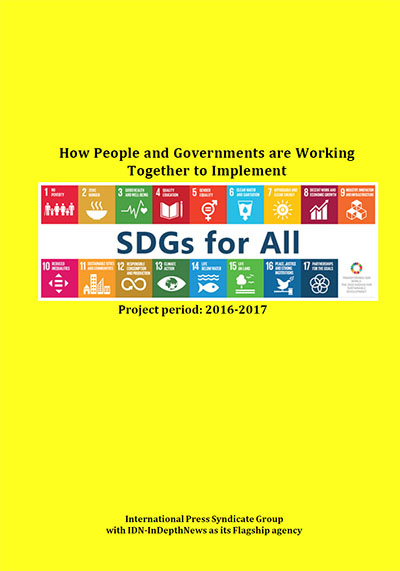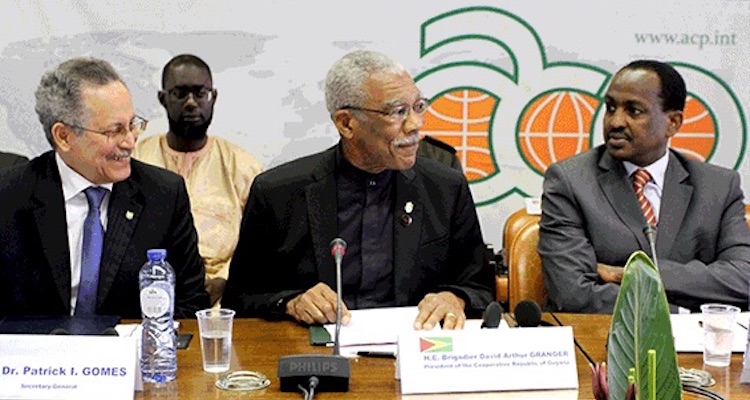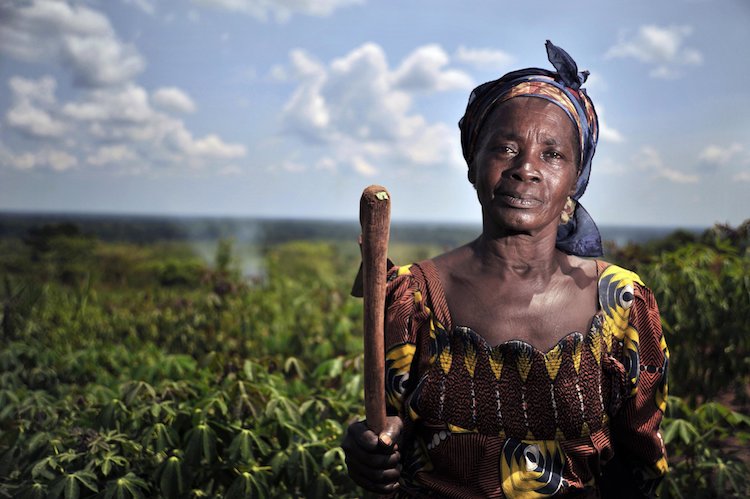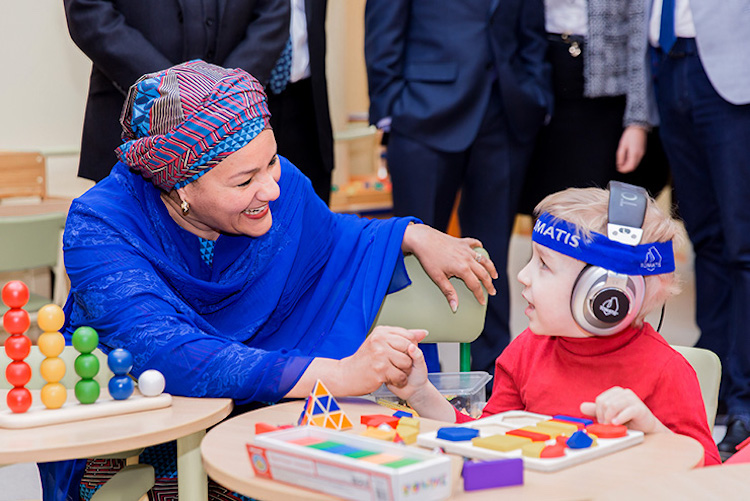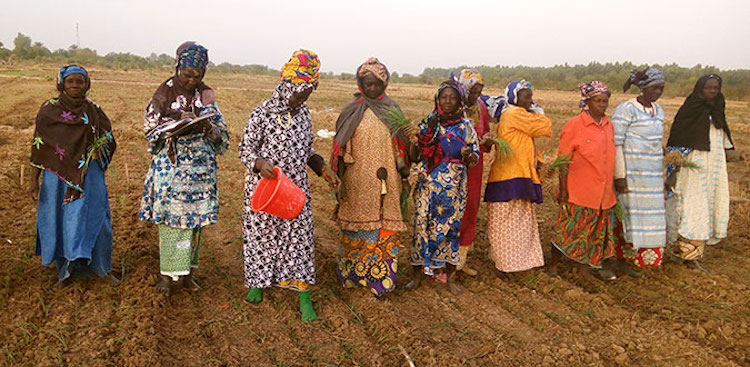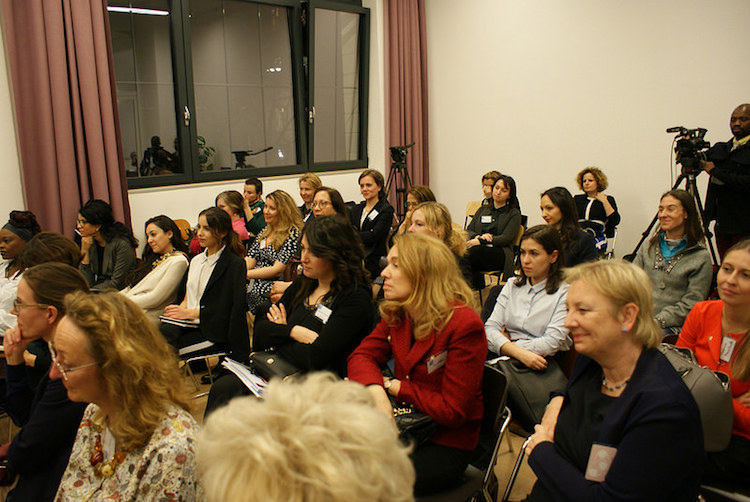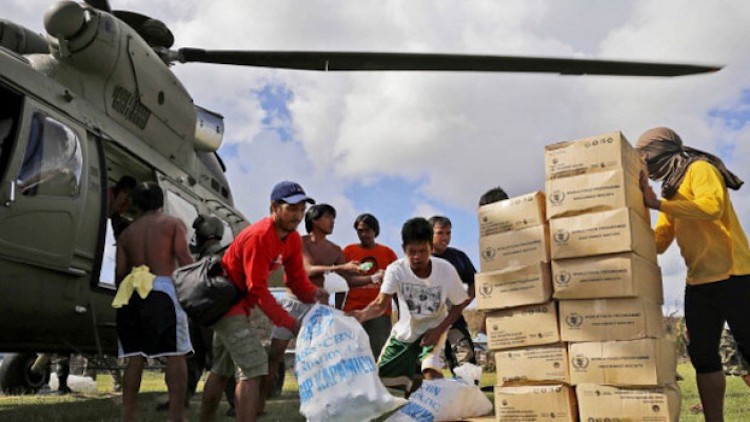
Donors Spend Less on Refugees, More on Poorest Countries
By Rita Joshi
PARIS (IDN) – Foreign aid from 30 opulent nations, designated as “official donors”, totalled USD 146.6 billion in 2017, signifying a small decrease of 0.6% from the previous year in real terms because they spent less money on refugees hosted by them. But countries most in need of aid received more funds.
Aid, formally labelled as Official Development Assistance (ODA), constitutes over two thirds of external finance for least-developed countries. The Development Assistance Committee (DAC) of the OECD, the Organisation for Economic Co-operation and Development is pushing for ODA to be better used as a lever to generate private investment and domestic tax revenue in poor countries to help achieve the UN Sustainable Development Goals.…




